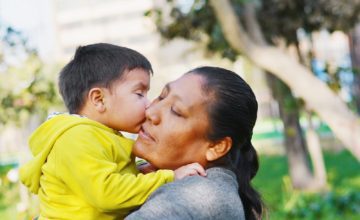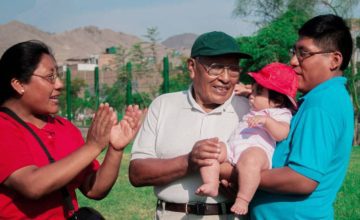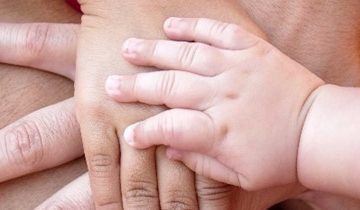
Resource
Using Stories to Nurture Identity
How can parents help construct positive self-identity in children? Read more about using stories to nurture identity.
Details
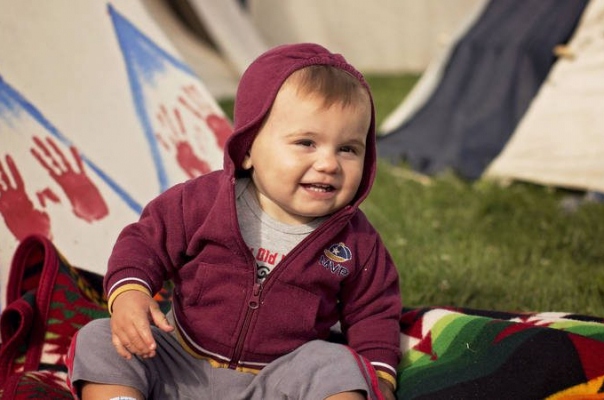
In many indigenous communities, children are viewed as sacred beings. They are earth’s most recent inhabitants and have a close connection to the Creator.
For Native American communities, providing a strong start for their children includes enriching practices that respect and embrace their heritages, languages and cultures. These practices are the heartbeat of tribal nations. Join us in celebrating our indigenous communities and the caregivers and professionals who support them.
The Administration for Children and Families (ACF) hosted a first-of-its-kind Indigenous Home Visiting Meeting in June 2023, and ZERO TO THREE proudly provided the content and logistics planning through its Programmatic Assistance for Tribal Home Visiting (PATH) Center, supported by ACF and the U.S. Department of Health and Human Services (HHS).
We invite you to share in this wonderful closing plenary by Dr. Anton Treuer where he reflects on his journey to understand native heritage and culture, including during the birth of his own children, and how collaboration, community, and home visiting can help native individuals overcome adversity, heal from trauma, and equip young families for their best chances at long, healthy, happy lives.
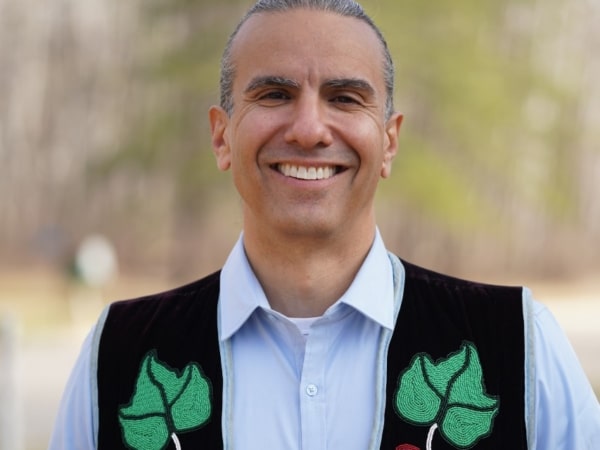
It is possible to restore intergenerational transmission of indigenous languages and cultures. It’s happening in many ways, in many places and in many forms. It means everything.
Anthony Truer, PhD
Despite the growing awareness of these cultures, Indigenous languages face the danger of extinction.
In 2018, over 3,000 languages were at risk of being lost forever. To help protect these endangered languages, apps are stepping up. Young children and their families can use tech to help preserve one of the many diverse Native American languages.
Growing up, we are taught to care for and give back to our community, so the home visitor position was a blessing that came across my career path.
Carri Chischilly
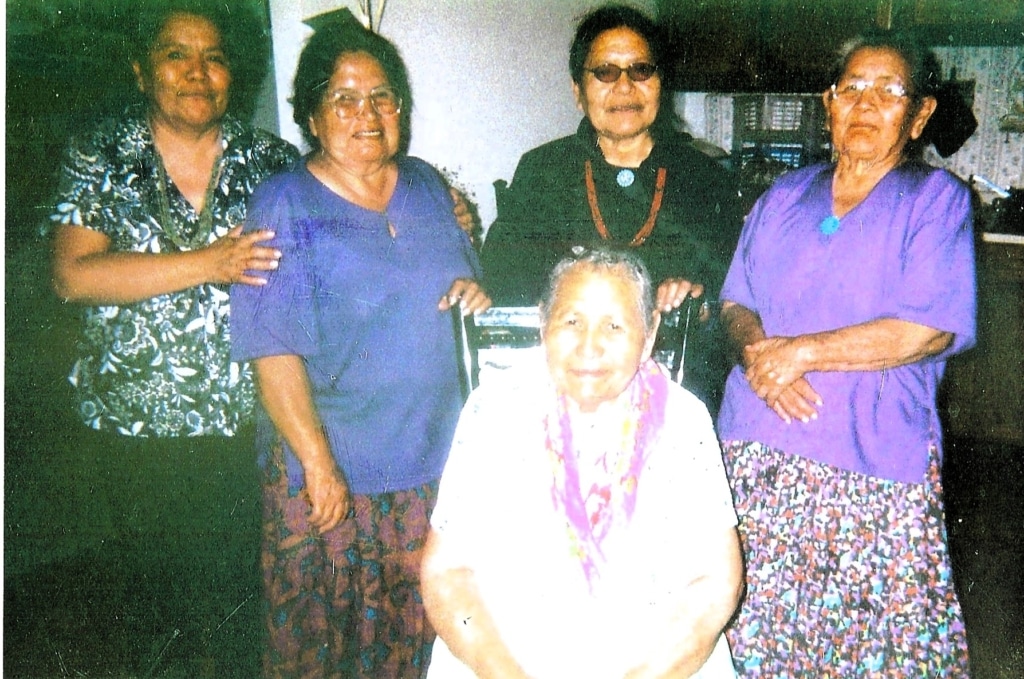
In September 2023, President Biden signed legislation expanding the Tribal MIECHV program to support 41 grants serving 68 tribal and 17 urban Native communities. ZERO TO THREE’s Programmatic Assistance for Tribal Home Visiting (PATH) team supports these grantees by increasing their capacity to implement high-quality home visiting programs within tribal communities and develop integrated early childhood systems serving American Indian and Alaska Native families (AIAN).
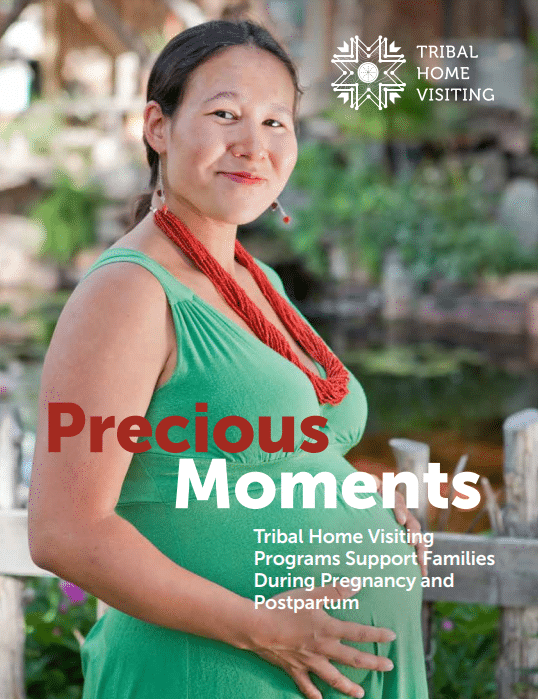
A growing number of AIAN families are reconnecting with cultural traditions and ceremonies and incorporating these into their preparations for childbirth and early parenting. This brief describes how Tribal Home Visiting programs support AIAN families during pregnancy and postpartum, or the perinatal period.
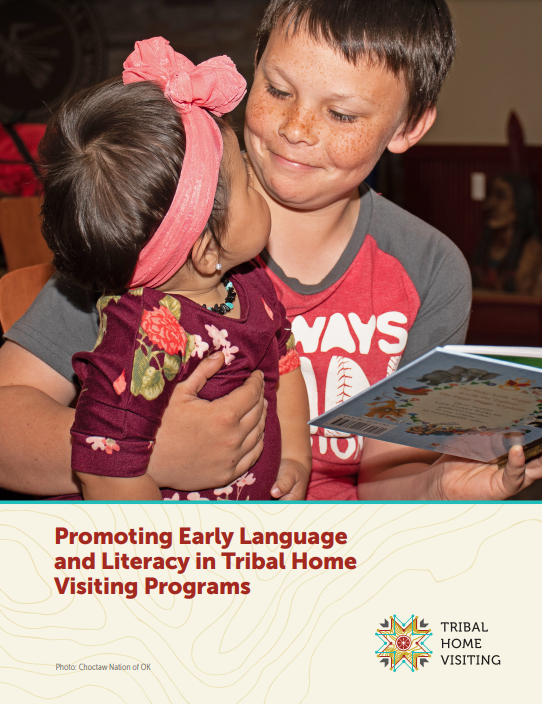
Tribal MIECHV grantees are helping families build upon everyday activities from storytelling to singing, talking, reading, and other strategies to promote the development of early language and literacy skills, which are important aspects of child development.
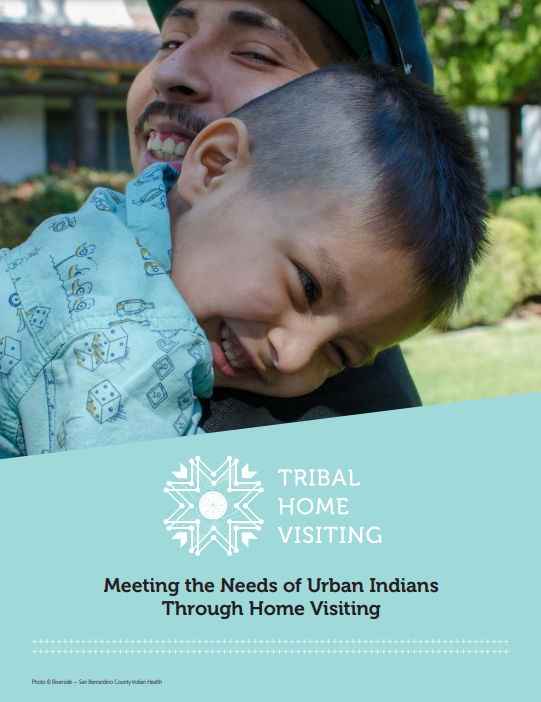
Urban living can provide new opportunities for employment and education, but it can also
strain connections to family, history, culture, and traditions. See how home visiting programs can best support AIAN families who want to re-establish or continue meaningful ties to their culture for future generations.
From the onset of establishing a new site, we use a relational method to allow tribal leaders and members to contextualize Safe Babies for their community and create durable partnerships within this approach.
Janie Huddleston
By partnering with the National Indian Child Welfare Association (NICWA), Safe Babies is approaching the work with cultural competence and is committed to addressing bias in the child welfare system.

